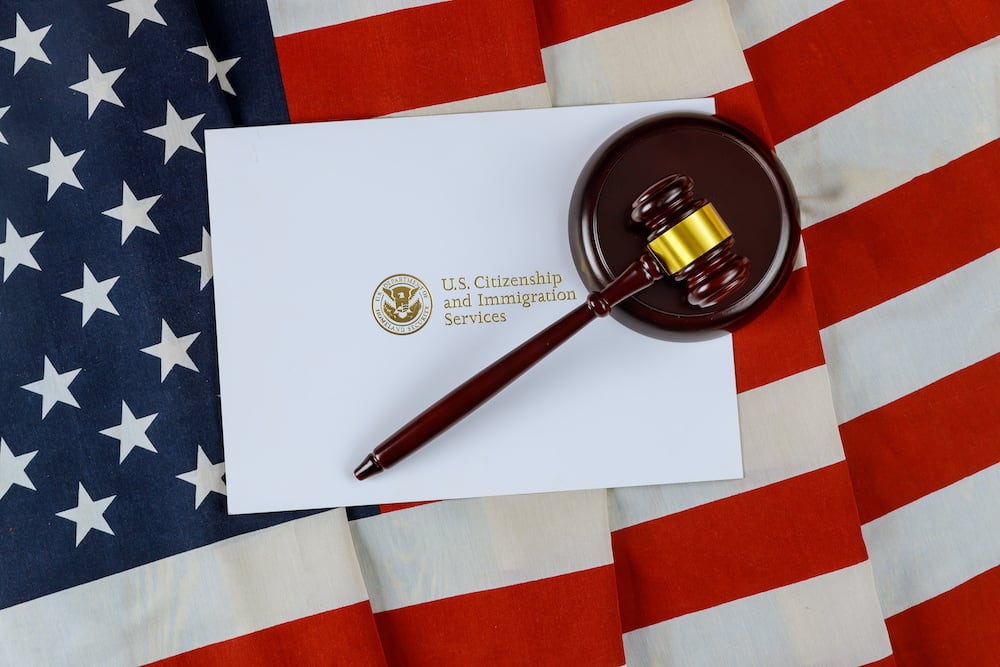Obtaining an EB-1 visa isn’t always a straightforward process. This visa category is reserved for individuals who possess extraordinary abilities, are outstanding professors or researchers, or are multinational executives and managers. Each candidate must meet specific criteria outlined in the Immigration and Nationality Act, specifically under Sections 203(b)(1)(A), (B), and (C). If you are currently seeking such a visa, please don’t hesitate to contact a knowledgeable Montgomery County employment immigration lawyer from Cohen & Patel. Here are some of the questions you may have:
What qualifies someone for an EB-1 visa?
The EB-1 category is distinctively aimed at those who demonstrate exceptional talent. Whether you are an artist, an educator, or a business executive, your achievements must be well-documented and recognized internationally. Typically, you must provide evidence of a major award (like a Nobel Prize) or meet at least three of ten criteria set by the U.S. Citizenship and Immigration Services (USCIS), such as published material about you, membership in associations that demand outstanding achievements, or significant contributions to your field.
How do you begin the application process?
Starting your application requires gathering all pertinent documentation that substantiates your eligibility. An immigrant petition filed on Form I-140, Petition for Alien Worker, is the first formal step. It’s crucial to file this form accurately, as any errors can delay the process. Supporting documents, including letters from peers, award certificates, and evidence of membership in elite associations, must accompany your petition. Once USCIS receives your petition, they will issue a receipt notice, followed by a decision notice after they have reviewed your case.
What happens after filing the petition?
After your I-140 petition is approved, the next steps depend on your current residence. If residing outside the U.S., you must go through consular processing at a U.S. embassy or consulate. Those already in the U.S. will need to apply for an adjustment of status by filing Form I-485. This form is crucial as it transitions your status from non-immigrant to immigrant, allowing you to stay in the country. Remember, the availability of visa numbers is dictated by your home country and the specific EB-1 subcategory. Each fiscal year, the number of visas issued under the EB-1 category is limited, creating potential backlogs.
Given the complexity of immigration laws and the high stakes of the application, consulting with an experienced immigration attorney is advisable. Our firm can provide guidance tailored to your unique situation, helping streamline the process and increase the likelihood of a favorable outcome. Additionally, we can assist in preparing for the interview process, which is a significant component of the consular processing phase.
If you have further questions or would like to get started, please don’t hesitate to contact Cohen & Patel today.

